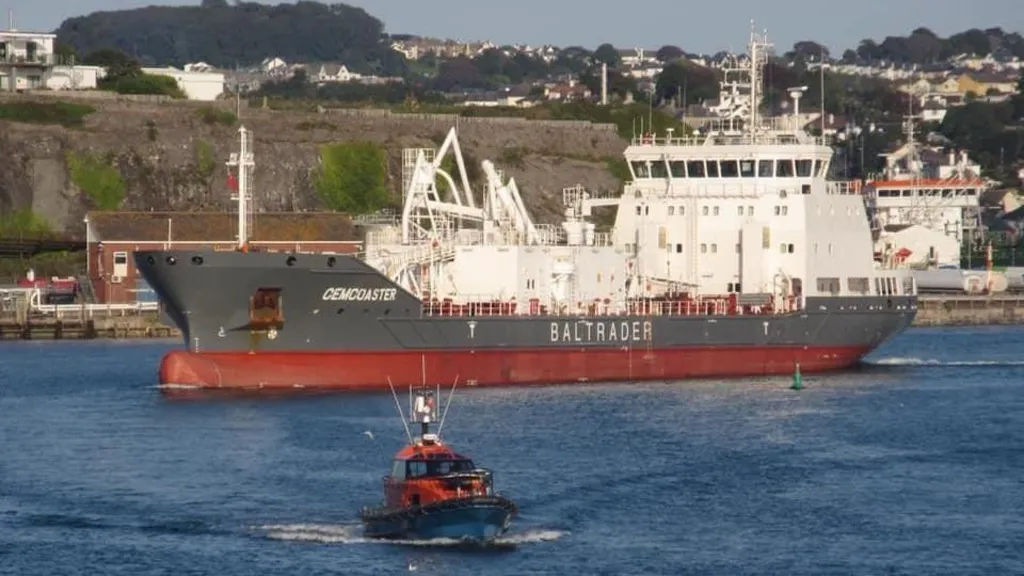Enhancing Cattewater Harbour for Greener Ships
A navigation channel in a Devon harbour is slated for dredging, according to Plymouth City Council. The council announced that the enhancements to Cattewater Harbour aim to “attract more cargo and larger, eco-friendly vessels.”
The port optimisation project is set to provide “safe navigational channels for slightly larger hulls,” as outlined in the Plymouth and South Devon Freeport’s Full Business Case. The council confirmed the allocation of a £381,713.32 government grant to Cattewater Harbour Commissioners for the work, under the Freeport’s Seed Capital programme.
Plymouth City Council’s dredging initiative is designed to attract more cargo and accommodate larger, greener vessels. By enhancing Cattewater Harbour, the council aims to ensure the port remains competitive and environmentally friendly.
Embracing Greener Fuel Technologies
The Economic Impact of Greener Shipping
Council leader Tudor Evans highlighted that approximately two million tonnes of cargo, valued at £1bn, pass through Cattewater’s commercial wharves and quays annually. “Maritime has been the heartbeat of this city for centuries, and to sustain this, we must ensure we can accommodate the ships of the future,” stated Mr. Evans. He emphasized the “exciting time” for Plymouth, noting the growing investment in hybrid ships using greener fuel technologies.
Future-Proofing Plymouth’s Maritime Industry
Mr. Evans added, “Ship sizes continue to increase, and the new ships for this trade route are larger.”
Preparing for Significant Changes
Adapting to the Next Wave of Maritime Development
Mr. Evans pointed out that key ships currently serving Plymouth routes are nearing the end of their operational life, with operators expected to acquire new, larger ships as replacements. “We need to stay ahead of this next wave of maritime development,” he said.
Expanding Shipping Routes with Hybrid Ships
Captain Richard Allan, CEO and Harbour Master of Cattewater Harbour Commissioners, noted a “significant change” in ship fueling methods and an expansion of shipping routes. “New hybrid ships, utilizing greener fuel technologies, are already being commissioned,” he said.
Aiming for Net Zero Emissions
Attracting Eco-Friendly Ships to Plymouth
Captain Allan stressed the need to attract newer, greener ships to Plymouth routes, ensuring they can navigate alongside the wharves. “The long-term environmental benefits of this project are substantial,” he stated, adding that the maritime industries in Plymouth are working towards net zero emissions. He highlighted that new ships will reduce their carbon footprint significantly.
Addressing Capacity Constraints for Sustainable Shipping
“Last year, about 50,000 tonnes had to be transported by road into the city instead of by sea due to the port’s capacity constraints,” Captain Allan added, underscoring the necessity of the dredging project.
By optimizing Cattewater Harbour, Plymouth City Council is not only enhancing the port’s capabilities but also promoting sustainable and eco-friendly maritime practices. This initiative is a significant step towards ensuring Plymouth remains a key player in the global shipping industry while prioritizing environmental responsibility.
